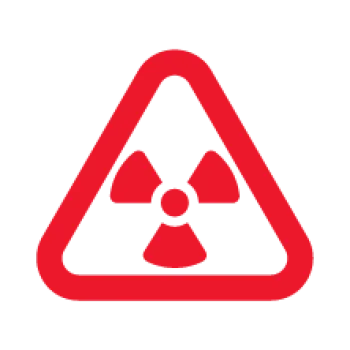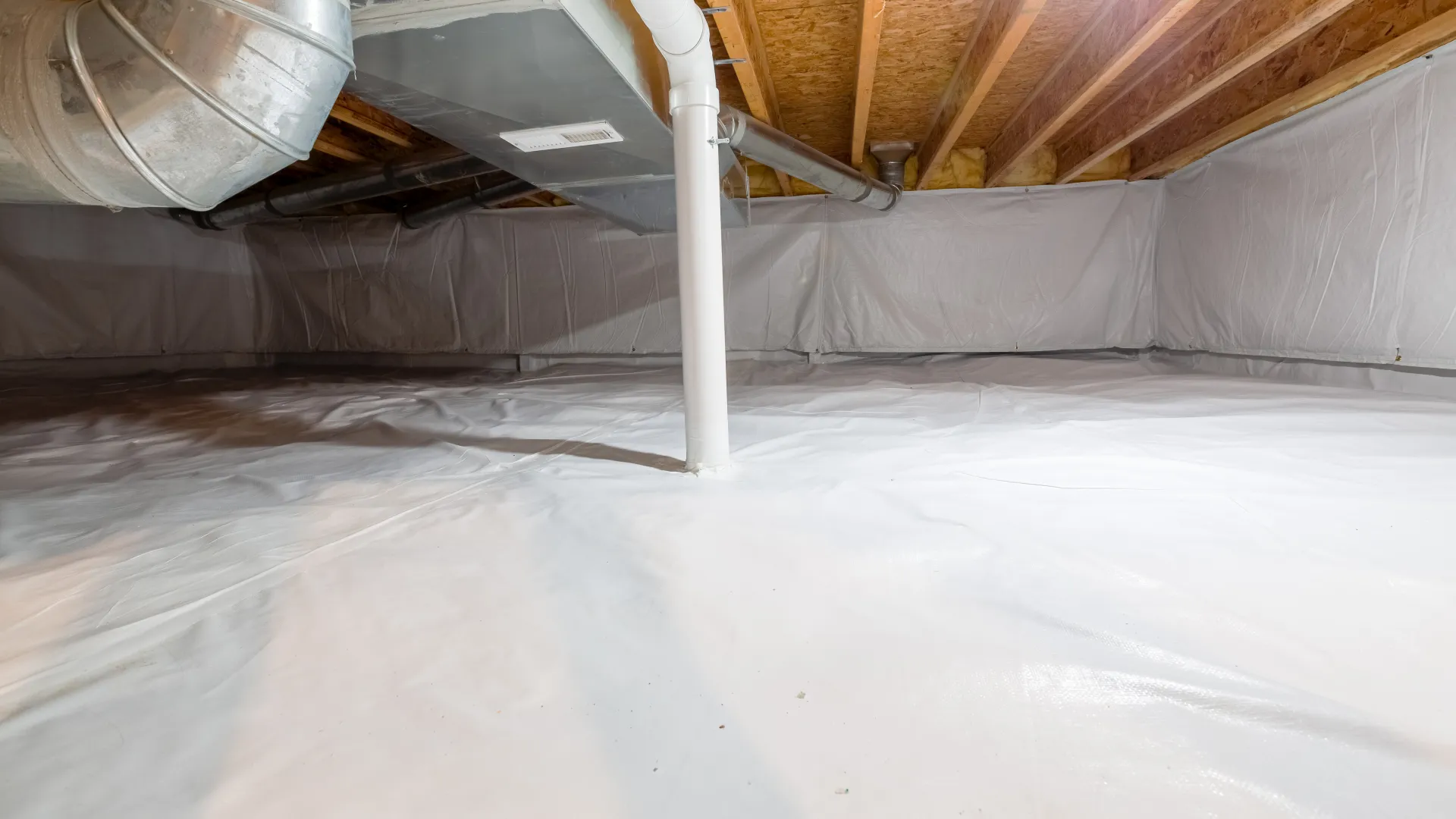
Radon Testing in North and South Carolina
Trust the Experts at LunsPro!
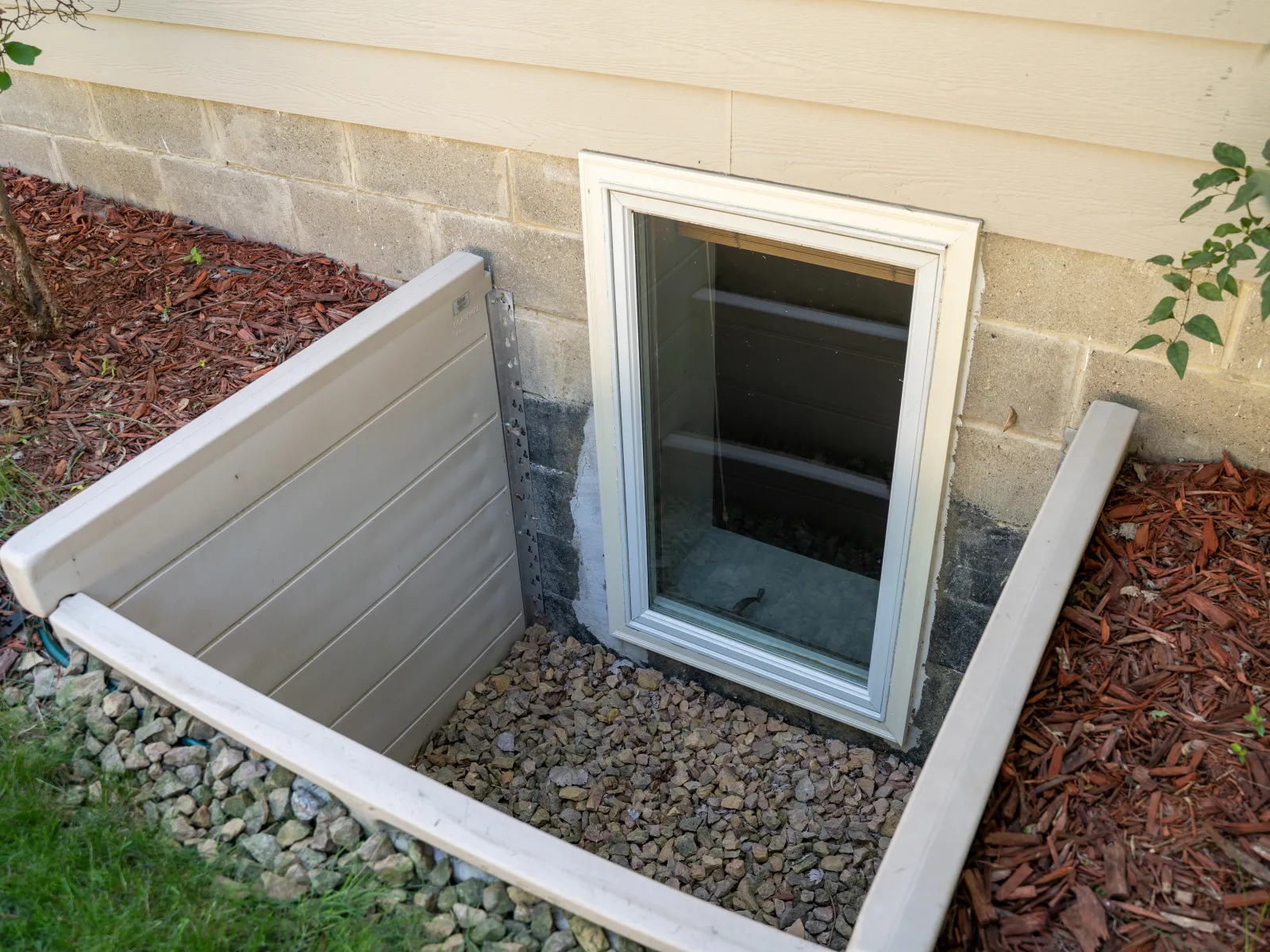
Know Before You Buy
If you're in the process of buying a home, you should consider ordering a radon test. The EPA recommends every home be tested for radon. Radon generally seeps from the soil into the basement or crawlspace of your home through gaps in the foundation or poorly ventilated crawlspaces. If left unchecked, radon can reach dangerous levels and cause serious problems.
Why Choose LunsPro?
See how our standard inspection services stack up to the competition
LunsPro Home Inspections
Our Competitors
Services Offered
LunsPro Home Inspections
Our Competitors
Drones used on all inspections
Most home inspectors are not FAA licensed
Infrared used on all inspections
Typically additional costs associated
Termite, Radon, Mold, Sewer & More
Most inspectors are unable to provide this
Same day, next day and weekend availability
Most inspectors are unable to provide this
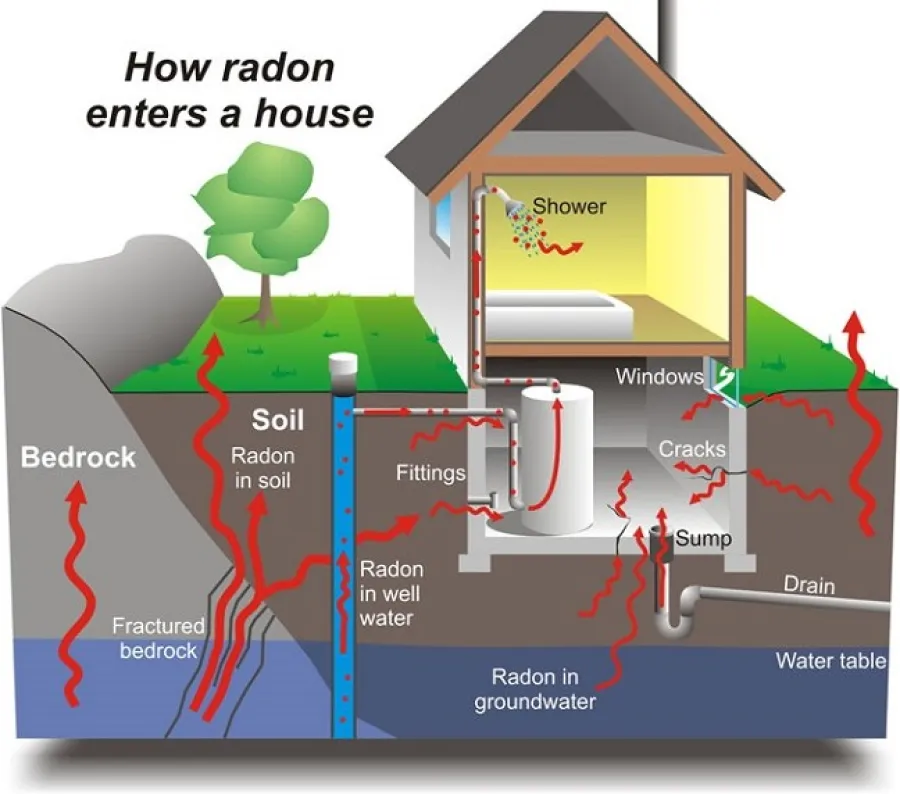
How is Testing Done?
Testing for radon requires at least two days. LunsPro Home Inspections offers a 48-hour test using the latest equipment on the market. Once the test has been completed and the results are in, you'll receive a detailed report outlining the property's radon levels. Using the EPA's recommended safety standards for this dangerous gas, this report can alert you as to whether or not the home is safe for occupancy.
Frequently Asked Questions
Q What is the purpose of a radon test?
Having your home tested for radon can help protect you and your family from a key cause of lung cancer. Exposure to radon accounts for about 21,000 deaths from lung cancer each year according to the US Environmental Protection Agency (EPA)
Q How do you fix a radon problem?
If your home has a radon problem, it can be fixed by installing a radon mitigation system in the home. The EPA recommends that you get a certified or licensed radon mitigation contractor to install the system.
Q What does radon in a house cause? Should I worry about radon?
Radon is a radioactive gas emitted naturally from the ground. You cannot see, smell, or taste radon. But it still may be a problem in your home. However, when radon gets trapped indoors—after entering a home through joints in walls, basement floors, foundations and other openings—it may concentrate at dangerous levels. And exposure to high levels of radon can cause lung cancer. In fact, the Surgeon General of the United States has warned that radon is the second leading cause of lung cancer in the United States today.
Q Is radon an issue in North and South Carolina? Should I get it tested?
450 North Carolinians are estimated to die each year due to radon-induced lung cancer. Data provided by the Center for Disease Control and Prevention indicated that 77 of the 100 counties in North Carolina have radon indoor air levels above action level of 4 pCi/L.
Although many counties of both North and South Carolina have average testing below the harmful numbers, it is still suggested to test for radon. There have been many isolated areas within those counties where Radon levels have tested at very high levels.
The maps below show that radon level status as determined by the EPA in both North and South Carolina.
Q How often should I test my home for radon?
It is recommended to test your home for radon every two years, or after any significant renovations, to ensure that radon levels remain safe.
Q Can radon levels fluctuate over time?
Yes, radon levels can change due to weather conditions, changes in the home's structure, or soil movement. Regular testing helps monitor these fluctuations.
Q What is considered a safe level of radon in a home?
The EPA recommends taking action to reduce radon levels if they are 4 pCi/L (picocuries per liter) or higher.
Q How long does a typical radon test take?
A standard radon test conducted by LunsPro Home Inspections typically takes 48 hours to ensure accurate measurement of radon levels.
Q What are the symptoms of radon exposure?
Radon exposure does not cause immediate symptoms. Long-term exposure increases the risk of lung cancer, which may take years to develop.
Q Can I perform a radon test myself?
While home radon test kits are available, professional testing ensures accurate results and proper interpretation of radon levels, which is crucial for safety. Contact LunsPro Home Inspection's office via call or text at 704.981.2922, email to carolina@lunspro.com, or schedule online here.
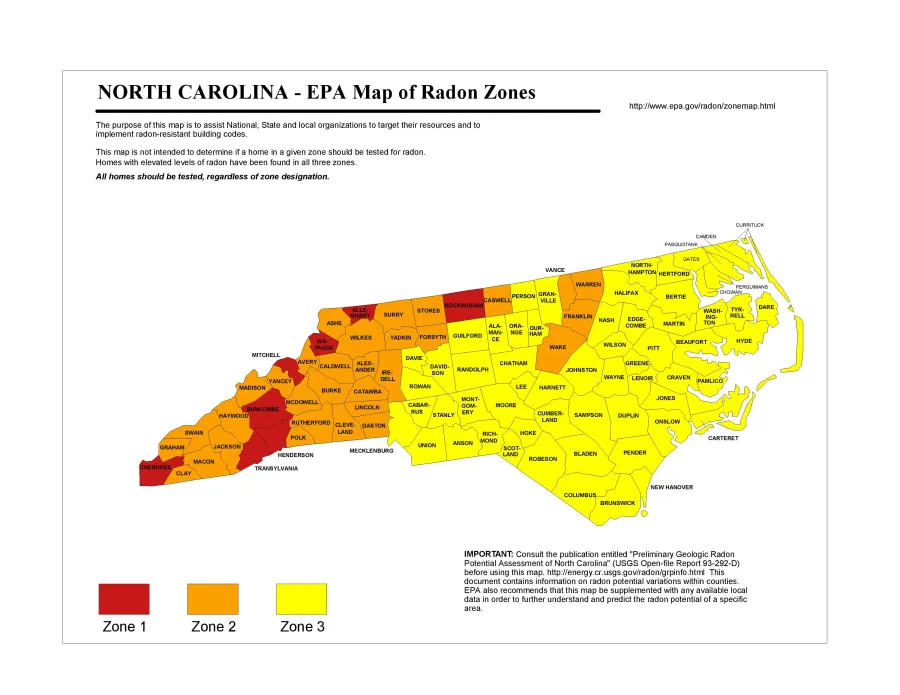
Radon Levels In North Carolina
Most of western North Carolina falls into Zone 1 or Zone 2 radon levels as designated by the EPA. The World Health Organization recommends action/mitigation for anything above 2.7 pCi/L.
Zone 1 levels indicate counties with predicted average indoor radon screening levels greater than 4 pCi/L.
Zone 2 levels indicate counties with predicted average indoor radon screening levels from 2 to 4 pCi/L.
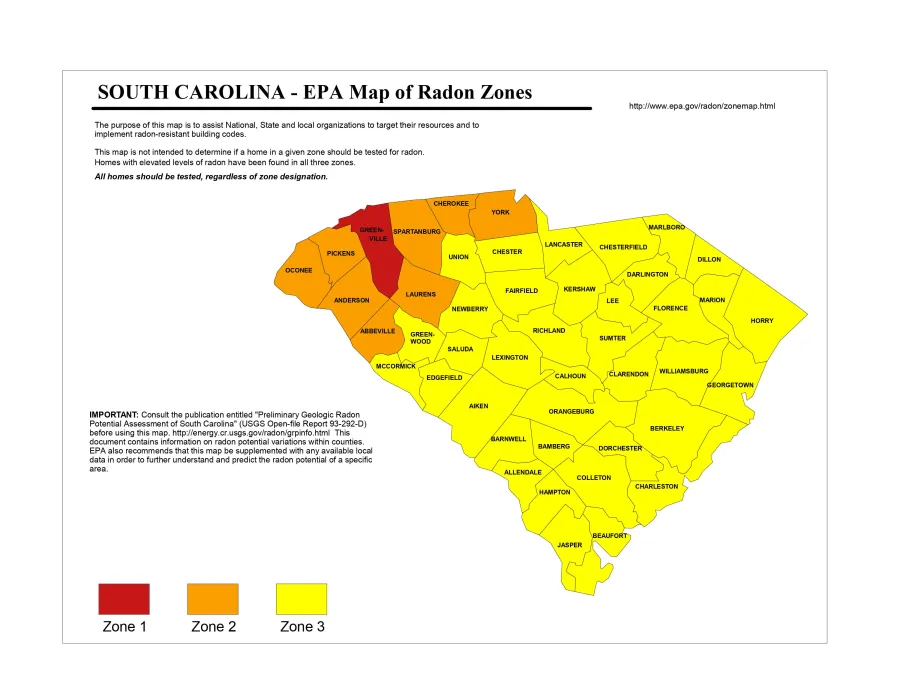
Radon Levels in South Carolina
South Carolina has 9 counties that fall into Zone 1 or Zone 2 for radon levels as designated by the EPA. Houses that are in Zone 3 where the average radon level is lower can still find their house exceeds the safe level for radon. The only way to know is a home radon inspection.

